Lists might seem lazy, but people love them — me included! Here, I’m sharing 15 books from my 65-book "To-read" pile on StoryGraph. I hope you can find something for you in this list!
Fiction:
Big Swiss by Jen Beagin
I’m currently reading this one. A darkly comedic novel about Greta, who writers transcripts for a sex therapist in Hudson, New York, and becomes obsessed with one of the clients — a repressed married woman she nicknames "Big Swiss." When Greta recognizes her voice in real life and engineers a meeting, their unconventional relationship blurs ethical boundaries with dangerous consequences. Beagin masterfully explores themes of voyeurism, trauma, and the messy nature of human connection through razor-sharp dialogue and unforgettable characters.
The Factory by Hiroko Oyamada
In this surreal workplace fable, three new employees at a sprawling Japanese factory find their mundane tasks gradually consuming their identities. Oyamada's minimalist prose creates an eerie atmosphere where the factory becomes a character itself: omnipresent and inescapable. The novel's brilliance lies in how it transforms the banal (shredding paper, proofreading nonsense documents, studying moss) into profound metaphors for modern alienation and the absurdity of late capitalism.
Martyr! by Kaveh Akbar
This debut follows Cyrus Shams, an Iranian-American poet grappling with addiction and the legacy of his mother's death in the 1988 Iran Air shootdown. Akbar weaves together Persian poetry, immigrant narratives, and a queer coming-of-age story with astonishing lyricism. When Cyrus becomes obsessed with a terminally ill artist living in the Brooklyn Museum, their encounter forces him to confront his family's painful history and his own search for meaning.
The Time of Cherries by Montserrat Roig
Set in 1970s Barcelona during Franco's final years, this Catalan classic interweaves multiple generations of a family navigating political repression and personal liberation. Roig's nonlinear narrative captures the electric tension of a society on the brink of change, where young revolutionaries clash with elders still haunted by Civil War trauma. The novel shines in its nuanced portrayal of women claiming autonomy in a patriarchal society.
When I sing, Mountains Dance by Irene Solá
I know, two Catalán books?! But the set overview of this book is so different from what I have read that just grabbed my attention. It begins with a farmer's death by lightning in the Pyrenees, then expands into grieving widows, talking mushrooms and vengeful witches. Solà's prose blends Catalan folklore with contemporary concerns about climate change and rural depopulation. The result is a luminous meditation on how humans intersect with the natural world.
Dream Count by Chimamanda Adichie
I just love Chimamanda, so if she wrote it, I'll read it. Adichie returns with an emotional novel about four Nigerian women navigating love and identity across continents. Through the interwoven stories of a travel writer, a corporate lawyer, a Lagos businesswoman, and an immigrant housekeeper, Adichie explores the compromises women make in relationships and careers. Her signature insightful social commentary shines through these intimate portraits of modern womanhood.
The Terraformers by Annalee Newitz
Newitz delivers a visionary sci-fi epic spanning generations on the planet Sask-E. Environmental ranger Destry discovers a secret city that challenges everything she knows about her terraforming mission. The novel brilliantly interrogates colonialism and capitalism through its imaginative worldbuilding, featuring sentient trains, corporate espionage, and revolutionary moles. A thought-provoking adventure that asks who gets to decide what makes a world habitable.
To be Taught, if Fortunate by Becky Chambers
Chambers' quiet, philosophical novella follows a crew of scientists who biologically modify themselves to study alien ecosystems. While they sleep between missions, decades pass on an Earth undergoing dramatic social and environmental changes. Chambers excels at capturing the bittersweet isolation of exploration and the ethical dilemmas of scientific discovery in this poignant ode to curiosity and adaptation.
Non-Fiction:
Less is More: How Degrowth Will Save the Planet by Jason Hickel
Economic anthropologist Jason Hickel makes a compelling case for "degrowth" as the only viable solution to ecological collapse. He systematically dismantles the myth that GDP growth equals progress, showing how our obsession with endless expansion fuels inequality and environmental destruction. The book offers practical alternatives for organizing societies around wellbeing rather than consumption, making complex economic concepts accessible and urgent.
Crude Capitalism: Oil, Corporate Power and the Making of the World Market by Adam Hanieh
This groundbreaking analysis traces how oil fundamentally shaped global capitalism from the 19th century to present. Hanieh reveals how fossil fuels became entangled with imperialism, financial systems, and everyday life in ways most narratives overlook. Particularly illuminating are his explorations of petrodollar recycling and the Middle East's central role in the world economy. Essential reading for understanding the roots of both climate crisis and geopolitical tensions.
Belonging: A Culture of Place by Bell Hooks
What does it mean to call a place home? Who is allowed to become a member of a community? When can we say that we truly belong? In this deeply personal work, hooks examines life through the dual lenses of race and ecology. She reflects on her Kentucky childhood, black land ownership, and urban displacement with characteristic wisdom. The book's power lies in how Hooks connects personal history to larger structures of oppression while offering a vision of community rooted in care for both people and land.
Making Love with the Land by Joshua Whitehead
This genre-defying collection blends memoir, essay, and indigenous storytelling to explore queer identity, trauma, and healing. Whitehead's "biostory" approach treats the body as landscape and language as medicine, creating a wholly original form of narrative medicine. His writing about depression and desire particularly resonates, offering neither easy answers nor despair but a complex path toward wholeness.
This One Wild and Precious Life: A Hopeful Path Forward in a Fracture World by Sarah Wilson
Part philosophical inquiry, part travel memoir, Wilson's book documents her global pilgrimage to understand our collective malaise. From Australian wildfires to Japanese forests, she interviews philosophers, scientists, and activists about overcoming "spiritual PTSD" in an age of climate anxiety and digital overload. Her solutions — embracing uncertainty, practicing "wild activism," and reclaiming ritual — feel both revolutionary and deeply human.
Everyone Who is Gone is Here: The United States, Central America and the Making of a Crisis by Jonathan Blitzer
Blitzer's reporting connects Central American migration to decades of U.S. foreign policy through intimate personal stories. He follows activists, deportees, and policymakers across borders and generations, showing how interventions like the Contra War created today's crisis. The book's great achievement is making visible the human consequences of decisions made in distant government offices.
The Soul at Work: From Alienation to Autonomy by Franco Berardi
This prescient 2009 critique of cognitive capitalism feels even more relevant in our age of burnout and AI anxiety. Berardi analyzes how digital labor colonizes our emotions and creativity, leaving us exhausted yet strangely addicted to productivity. His proposals for reclaiming autonomy through poetry, slowness, and collective care offer radical hope against the dehumanizing logic of late capitalism.





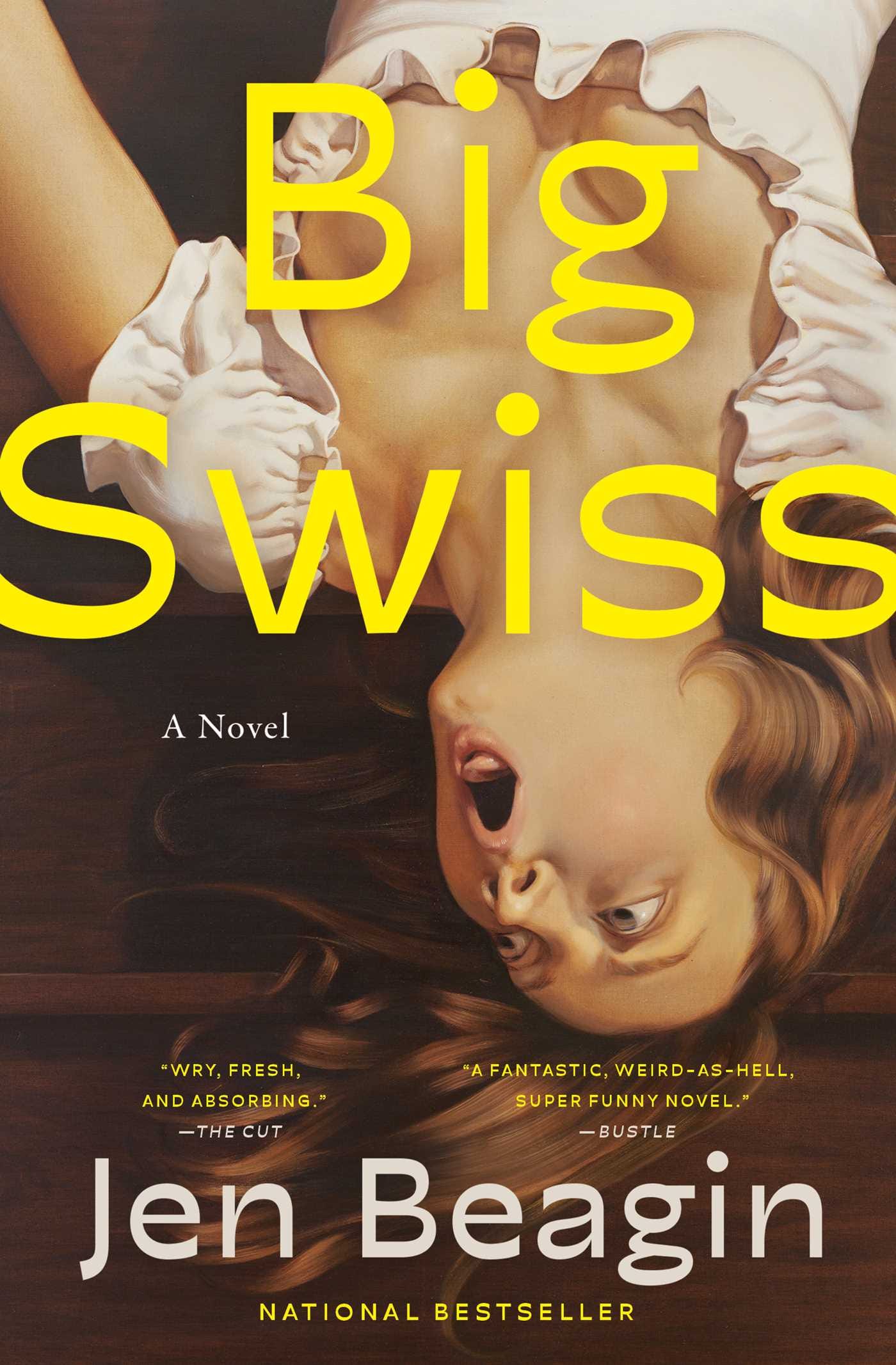
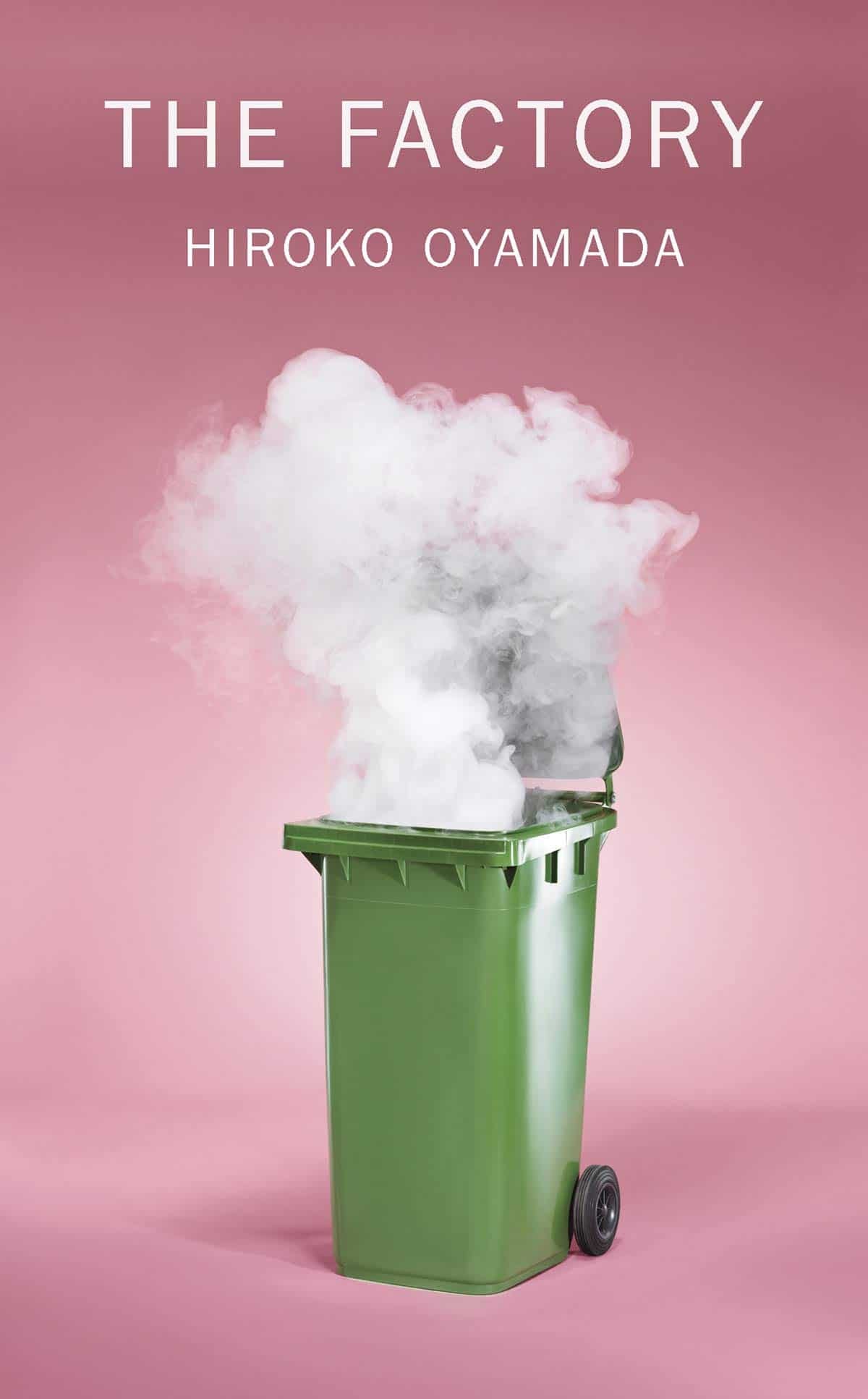
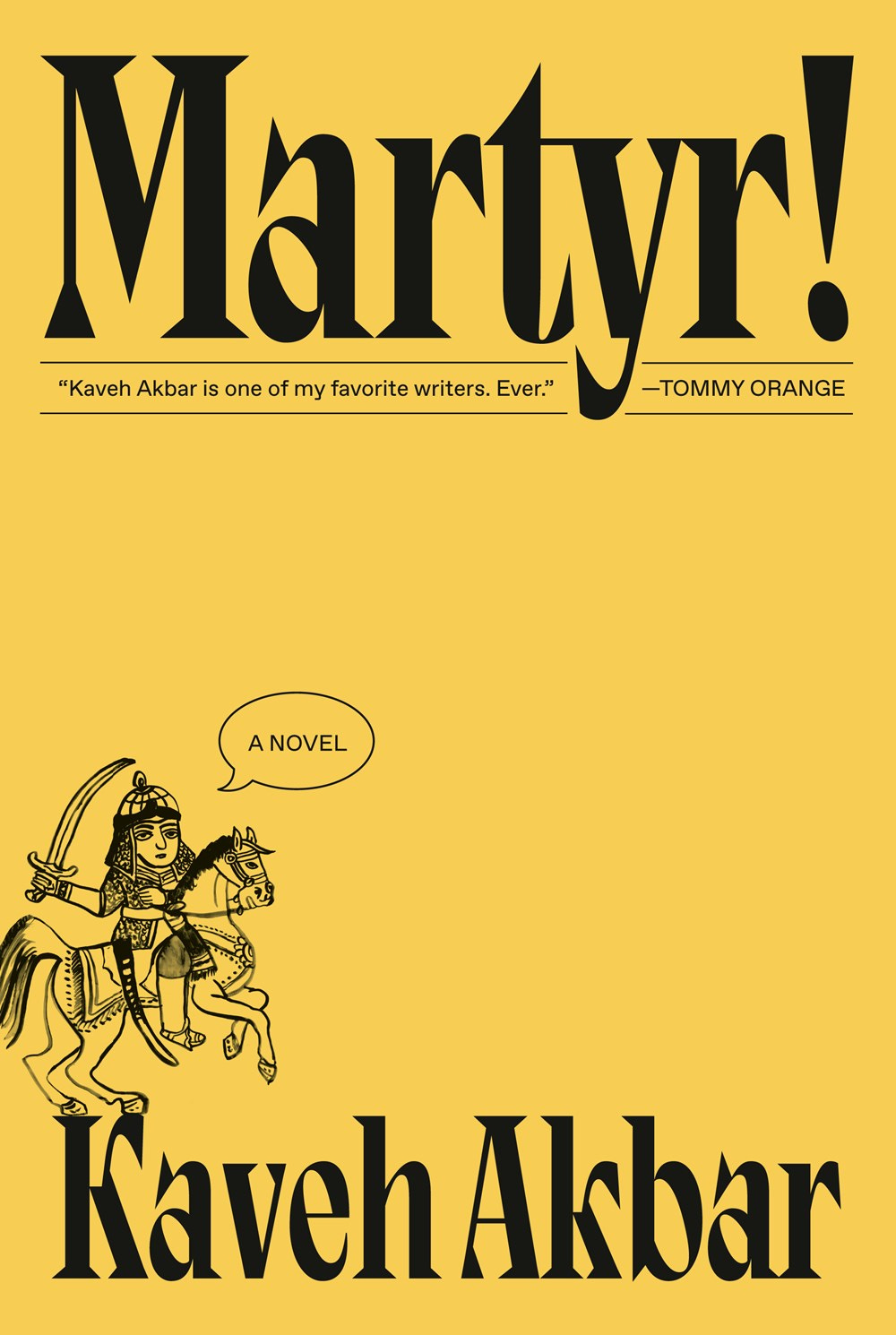
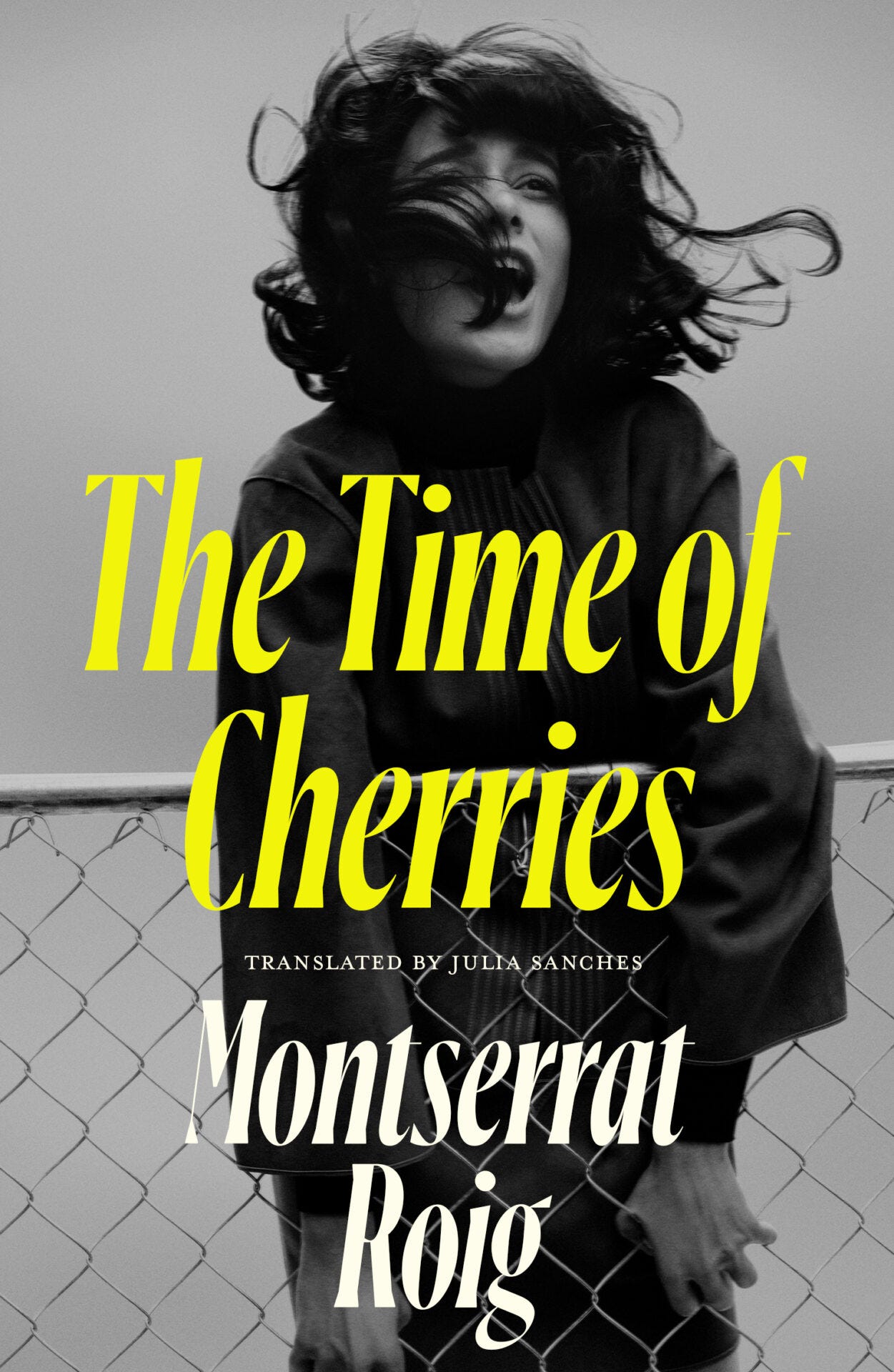
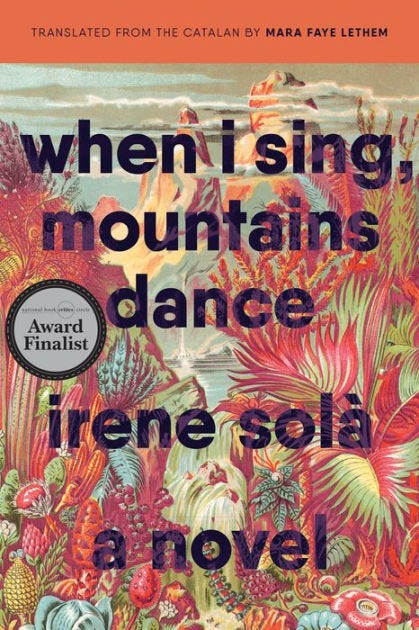
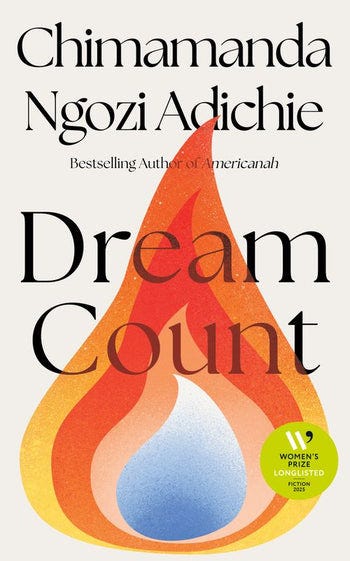
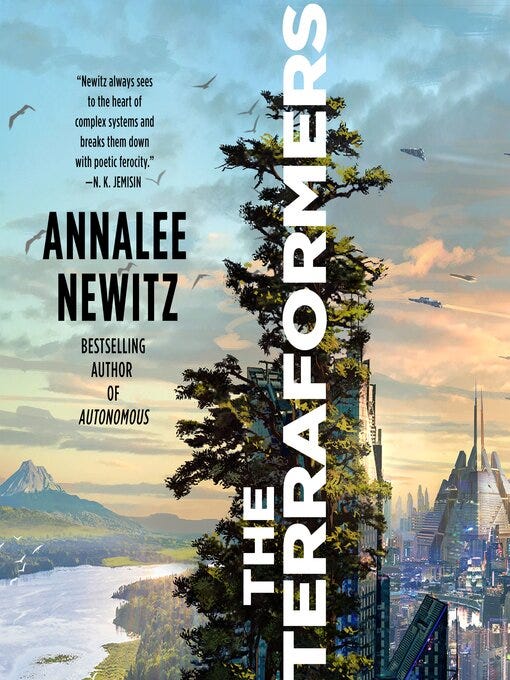
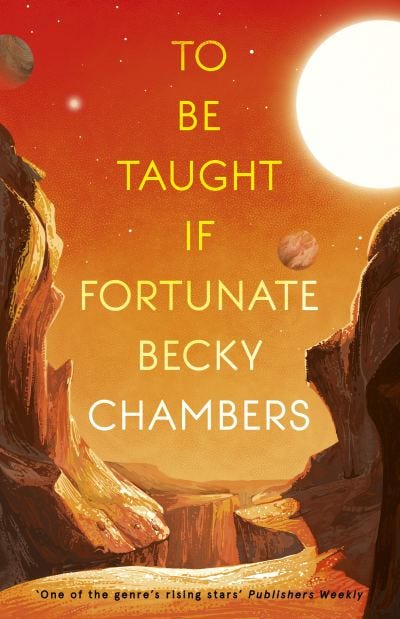
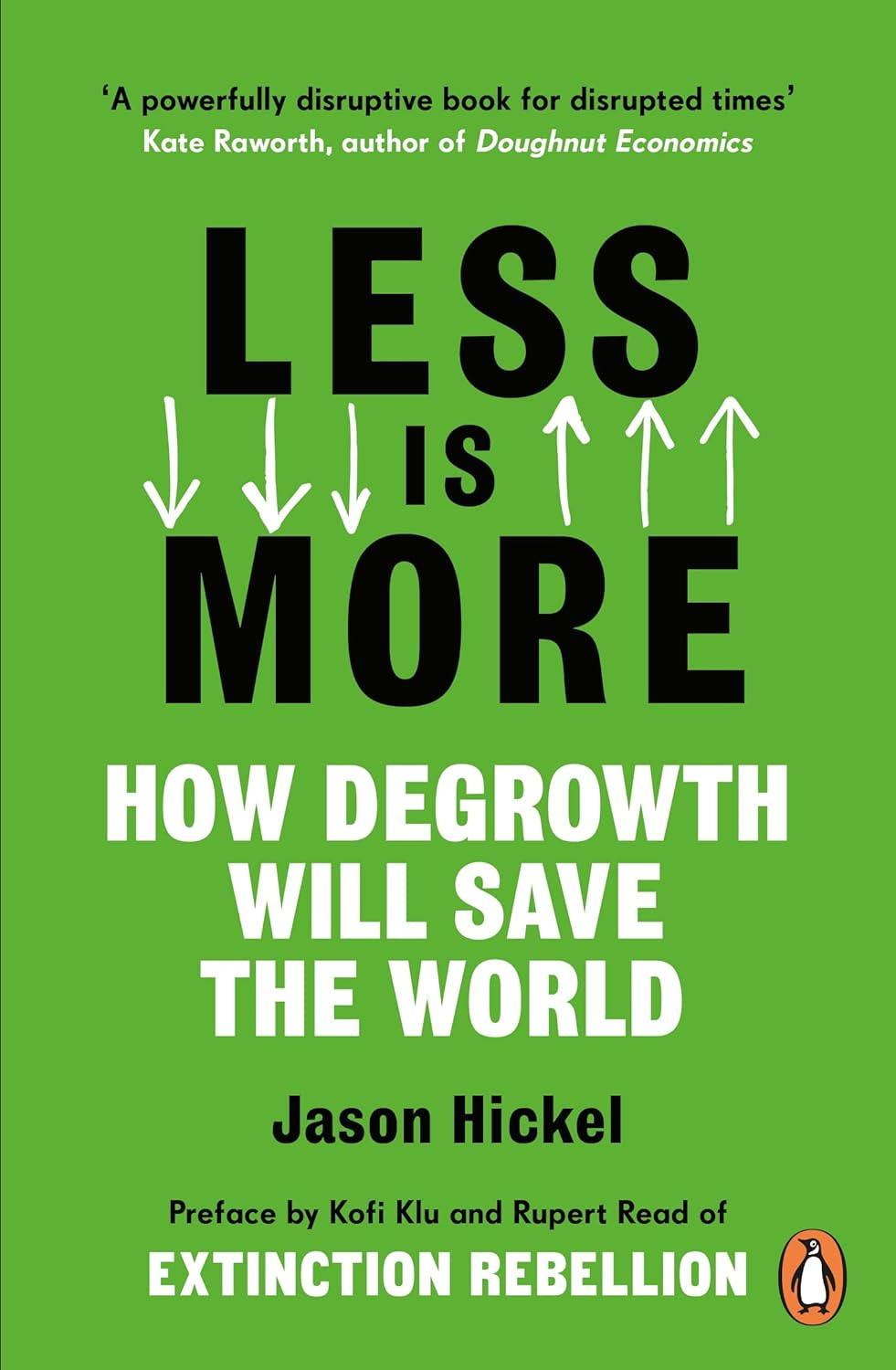
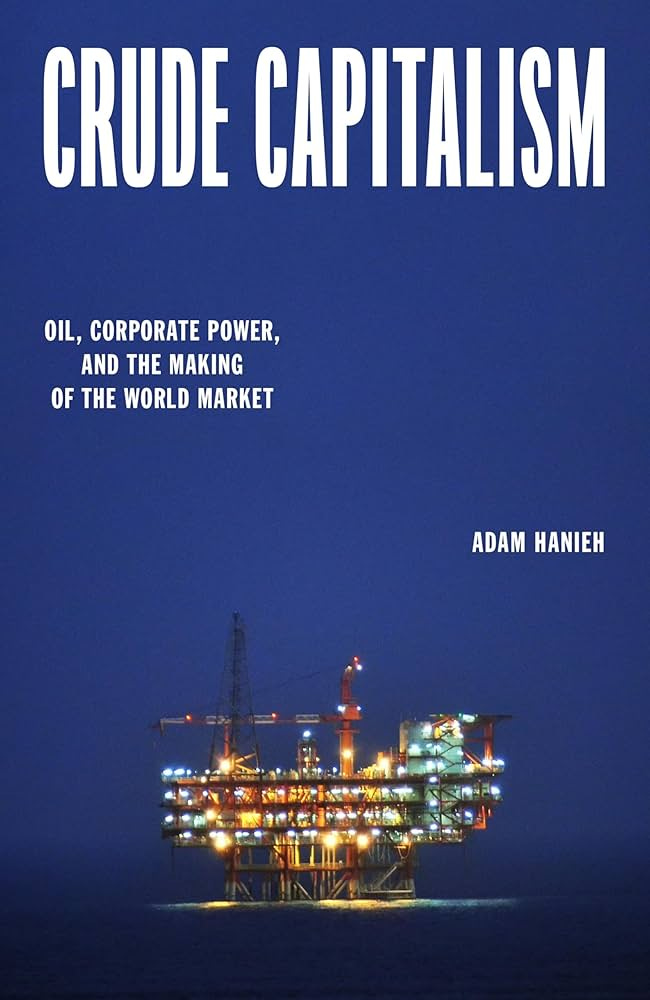
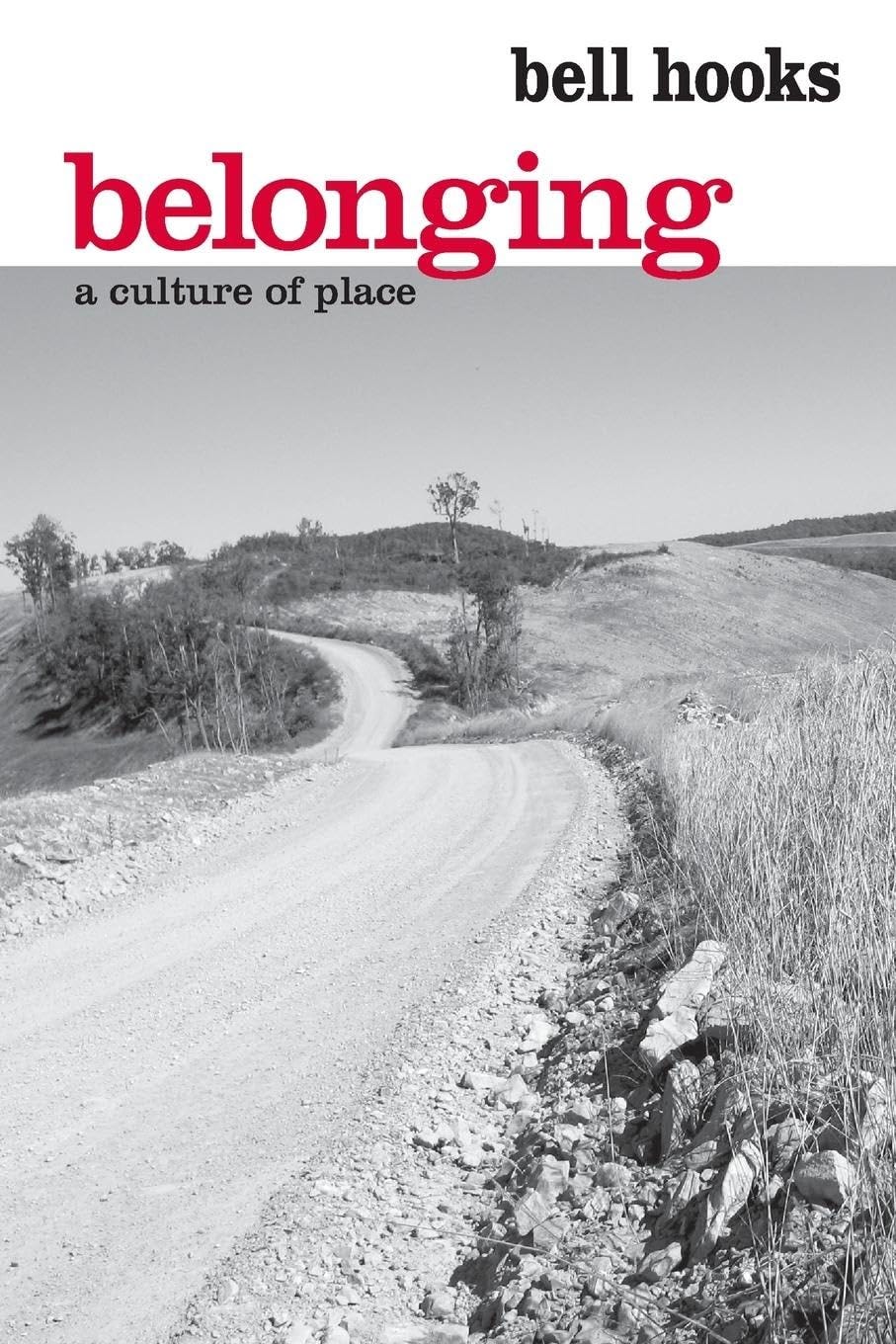
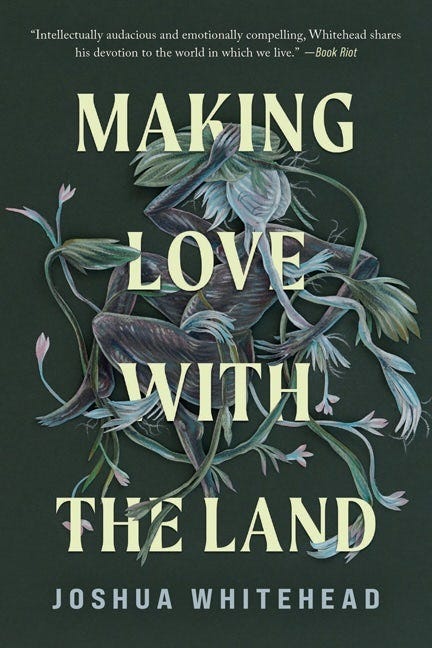
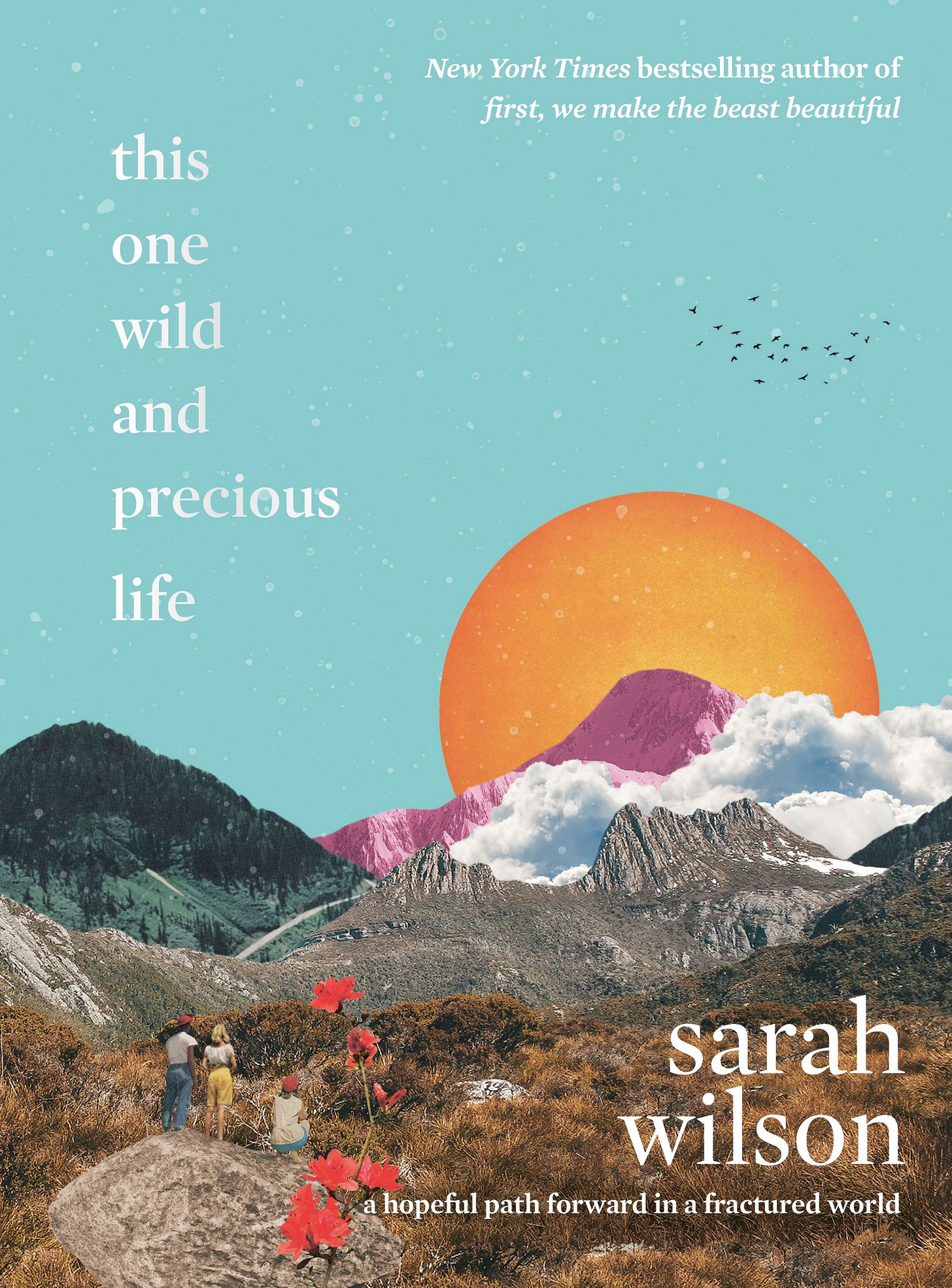
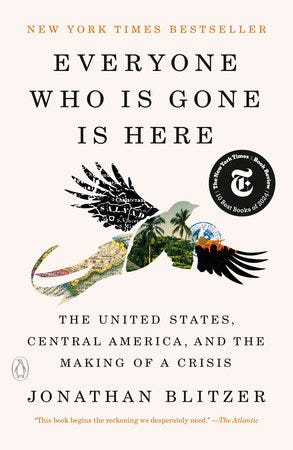
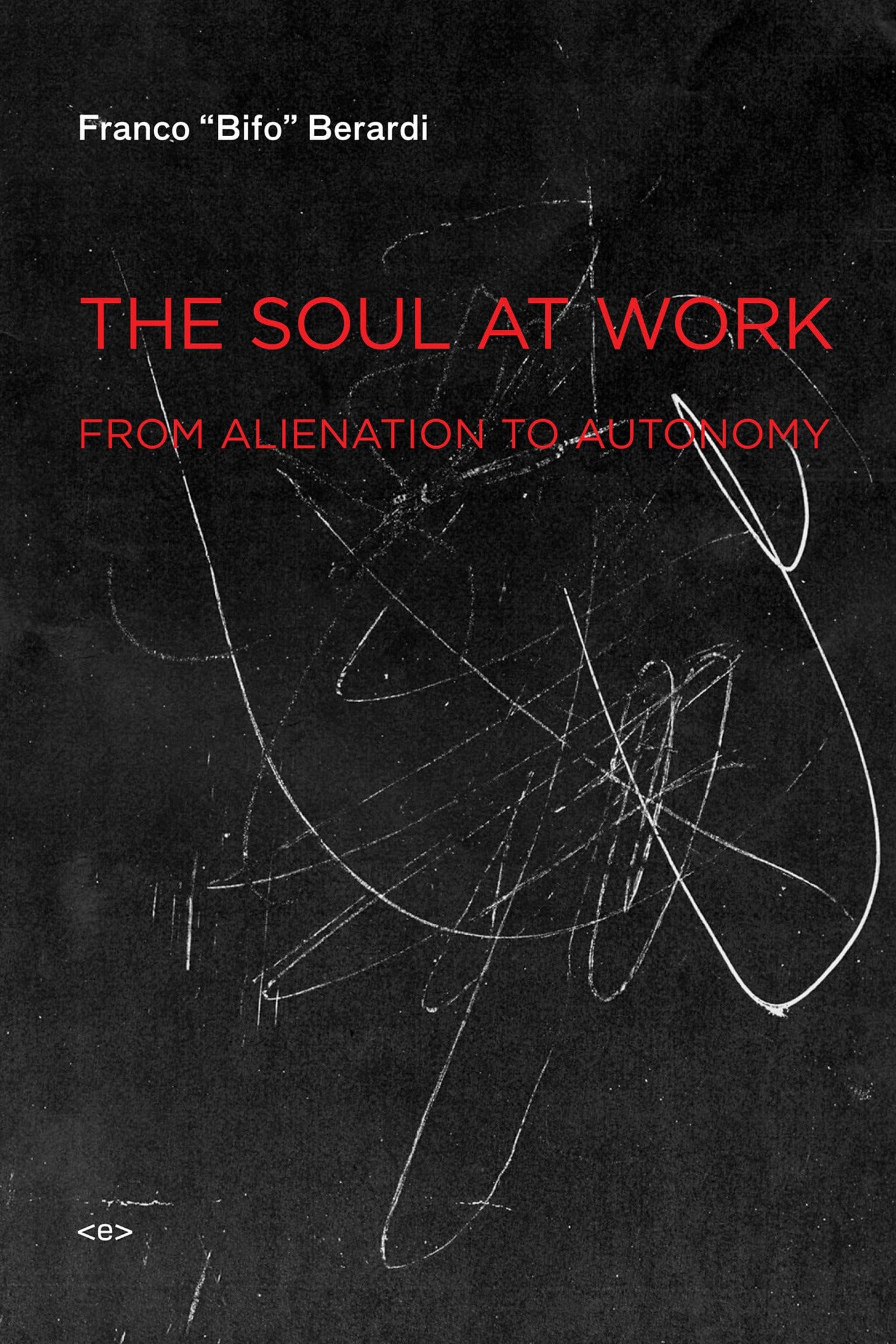
I might be bias cause I'm Catalan myself but both The time of the cherries and When I sing mountains dance are such beautiful books!